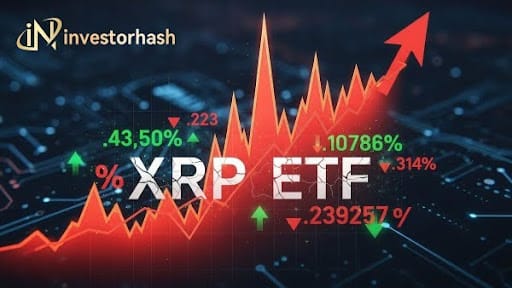El Salvador Celebrates Bitcoin Anniversary Amid Policy Reversals and Financial Pressures

El Salvador's Bitcoin Office celebrated "Bitcoin Day" on Sunday, marking four years since the Bitcoin legal tender law took effect in September 2021. According to Cointelegraph, the government agency highlighted the country's strategic reserve of 6,313 BTC, valued at over $702 million.
The Bitcoin Office announced that 80,000 public servants received Bitcoin certification as of 2025. El Salvador now hosts public Bitcoin and artificial intelligence education programs. The country also passed a new banking law allowing BTC investment banks to serve sophisticated investors.
However, these celebrations occurred alongside major policy reversals. El Salvador's legislature repealed the Bitcoin legal tender law in January 2025. The government agreed to stop purchasing additional Bitcoin using public funds as part of a $1.4 billion loan deal with the International Monetary Fund.
Limited Public Adoption Reveals Implementation Challenges
El Salvador's Bitcoin experiment has struggled to gain traction among ordinary citizens. Multiple reports show that less than 2 percent of the population actively uses Bitcoin for daily transactions. The government's Chivo Bitcoin wallet saw limited adoption among residents.
Public sentiment remained largely negative throughout the four-year period. Early surveys showed that 75 percent of citizens opposed the Bitcoin legal tender law. Security concerns emerged when hundreds of Chivo wallets were hacked, further reducing public trust.
We recently reported that Panama City is exploring Bitcoin reserves following discussions with El Salvador's policy team. Panama City Mayor Mayer Mizrachi met with key figures from El Salvador's Bitcoin strategy team in May 2025, showing continued international interest despite mixed domestic results.
The IMF published a report in July revealing that El Salvador has not purchased any new Bitcoin since signing the loan agreement in December 2024. Central bank president Douglas Pablo Rodríguez Fuentes and finance minister Jerson Rogelio Posada Molina confirmed in writing that the government's BTC balance remains unchanged.
Broader Implications for Global Cryptocurrency Adoption
El Salvador's experience provides important lessons as global cryptocurrency adoption reaches new heights. Security.org reports that approximately 28 percent of American adults, or about 65 million people, own cryptocurrencies in 2025.
The IMF has consistently opposed granting crypto assets official currency status. According to IMF policy papers, directors agreed that crypto assets should not receive legal tender status to safeguard monetary sovereignty and stability.
International financial institutions remain skeptical of national Bitcoin adoption. The IMF warned that widespread crypto adoption could undermine monetary policy effectiveness and create fiscal risks. These concerns led to the conditions attached to El Salvador's loan agreement.
Despite institutional resistance, cryptocurrency adoption continues expanding globally. India leads with over 100 million users, while emerging markets show the highest growth rates. The contrast between institutional skepticism and grassroots adoption reflects the complex dynamics shaping cryptocurrency's future role in national economies.




